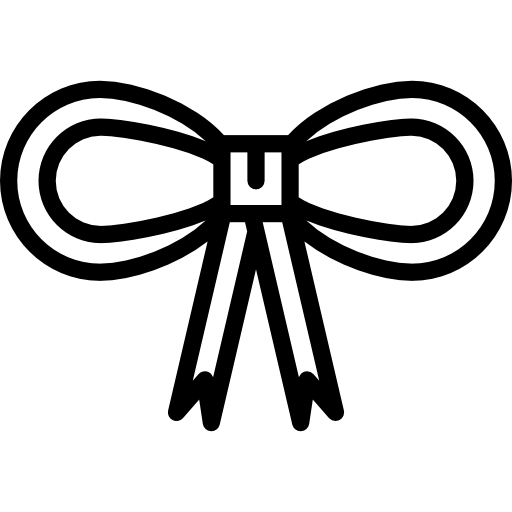You're nearing the end of a job interview, when the interviewer suddenly throws you a curveball.
"With your eyes closed, tell me step-by-step how to tie my shoes."
 Photo by Shelbey Fordyce on Unsplash
Photo by Shelbey Fordyce on UnsplashAn interviewer doesn't ask the question because they don't know how to tie their shoelaces, of course!
Rather, they want to see how you formulate the answer and how you communicate.
Since you know how to tie your shoes already — you just need a structure for explaining it.
Think Of Your Audience
For example, if your interviewer is more the pragmatic type, try breaking down your reply into a series of steps:
Sitting down, reach for the laces on one shoe and take the left one in your left hand and the right one in your right.
Cross one lace over the other one, then tuck it under.
Pull both to tighten and repeat with the other shoe.
It's like a recipe, only for tying shoes.

Think Of The Role You're Applying For
 If you're applying for a technical role, you could simply say:
If you're applying for a technical role, you could simply say:
I'll show and tell you how to do it first, then you can try. Watch me.
 Or if you're applying to be a teacher, consider this common rhyme:
Or if you're applying to be a teacher, consider this common rhyme:
Over, under, pull it tight
Make a bow
Pull it through to do it right
Take Action
Start by thinking of your audience first.
Remember, it may not be the answer itself they're interested in, but the way in which you answer the question.
Pragmatic --> would be best served by an answer in the form of steps.
 Photo by Debby Urken on Unsplash
Photo by Debby Urken on UnsplashCreative --> may prefer visual cues or the use of analogies.
 Photo by Volodymyr Hryshchenko on Unsplash
Photo by Volodymyr Hryshchenko on UnsplashTry it:
Check out these Bytes for more on how to respond to tricky interview questions:
Your feedback matters to us.
This Byte helped me better understand the topic.
